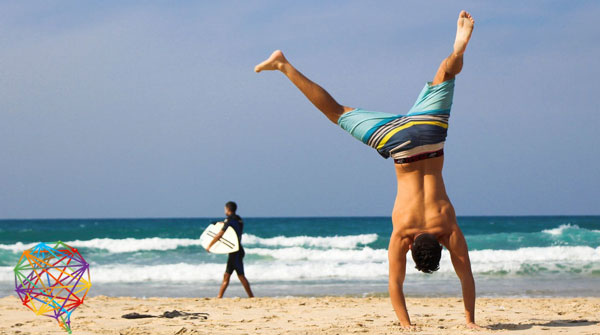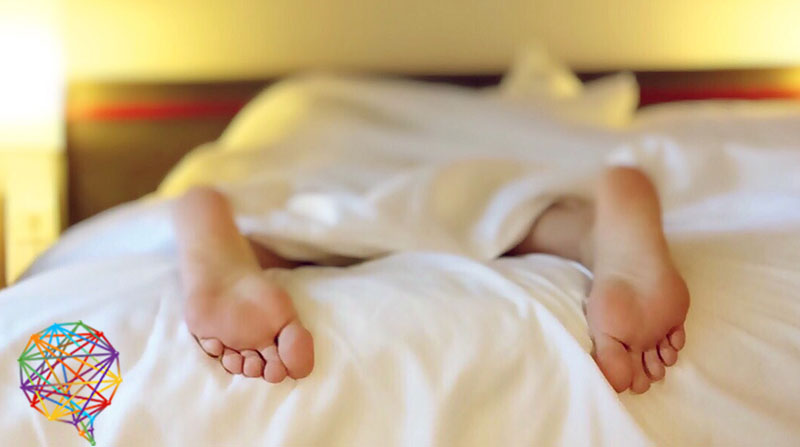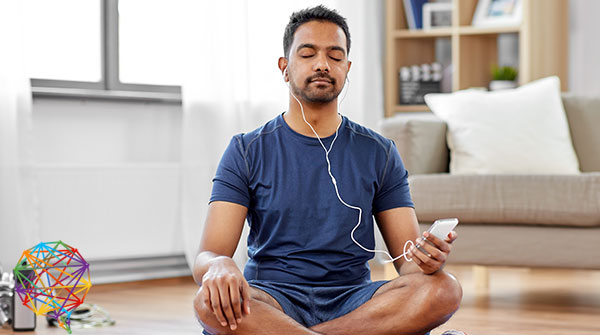Coronavirus: There’s a dark side of lockdown that we need to talk about

Ziena Jalil – Stuff.co.nz
Like the aftershocks of a major earthquake, Covid-19 is creating ongoing uncertainty for many of us. As if the health and economic impacts weren’t enough, there’s the mental toll to worry about too, as we yo-yo between alert levels.
While some people are talking with friends and colleagues about this serious issue, it isn’t getting the attention it deserves.
Lockdown lite was the last thing Aucklanders needed. There seems to be an assumption that, because we’ve been here before, we will be OK second time around. The reality for many is quite different.
Research from Rutherford Labs shows the volume of conversations on social media about the latest alert level 3 in Auckland was 2.5 per cent higher than when the country went into lockdown in March. Importantly, more than 80 per cent of those conversations were highly emotional and negative.
I know people who aren’t sleeping well, who are anxious, stressed and isolated. And they are the ones who still have jobs. Many business owners who managed to get through the last lockdown, with the wage subsidy, are now worried they will lose their businesses and feel they are letting their employees down because they can’t see a way out.
I see highly experienced, successful executives, who’ve never lost jobs in their careers, now without employment – uncomfortable with taking the benefit, and not quite ready for the state-funded training available. They need time and help to process what’s happening in their lives.
But that help isn’t readily available. Even before Covid-19, the Diversity Works New Zealand Workplace Diversity Survey identified wellbeing as the most important issue for businesses.
It’s been heartening to see some employers making mental health and wellbeing a priority for their staff and offering access to apps such as Mentemia. However, this support is available only to those in paid employment, at a few businesses.
But what is easily available for the many who have lost jobs? For the self-employed, business owners, and those whose savings have disappeared? For parents desperately juggling work, home-schooling children, and other family responsibilities? And those people stuck at home with their abusers, who can’t reach out for help.
Then there are the children stressing about not being able to complete the requirements for their assessments – and that’s assuming they have access to devices and connectivity. We know there are still too many who don’t.
Thousands of Kiwis are using eMental Health tools, some of which, such as The Lowdown, Melon and Staying on Track, are either funded or supported by the Government. It has funded other initiatives relating to mental health too, but it’s hard to know what these are unless you know where to look.
Another challenge for the average person at home, according to eMental Health expert Professor Anil Thapliyal, is that there are more than 400,000 digital health interventions available globally, and of those, 65 per cent have not been updated for more than 18 months. Of those reviewed, only about 15 per cent meet the minimum safety standards.
Our Government’s e-Mental Health Framework, which will include criteria that determine which applications are safe and effective, is currently still in development, and can’t come soon enough.
And despite the lessons from Covid-19 so far, there is no virtualisation strategy underpinning the various traditional mental health services. This means different parts of the system don’t always have visibility of critical patient information when required, and the people who need help don’t get the best support and care.
So what can we do? We need to normalise conversations around mental health and emotional wellbeing. There are many slogans, such as “It’s OK not to be OK”. However, there’s still a stigma associated with openly talking about these issues, and that needs to change.
Talking to friends, spending some time outdoors, walking and getting fresh air, focusing on what we can control, and continuing with things that energise us, have all been shown to help.
Research also shows that yoga, meditation and controlled breathing are good ways to deal with anxiety related to Covid-19. Yoga reduces stress levels, lowers blood pressure and improves lung capacity; while meditation has been shown to reduce anxiety, calm the amygdala, increase our ability to think creatively, and empathetically take other people’s perspective.
For those unable to access gyms or yoga studios, there are a range of health and fitness apps available.
When I had my first child, the best advice I received was to remember the flight safety briefings – put your own oxygen mask on first before you can help someone else. Self-care isn’t something we should apologise for. And let’s remind our leaders that no economic or health response will work long-term if we have a mental health crisis on our hands.





Responses